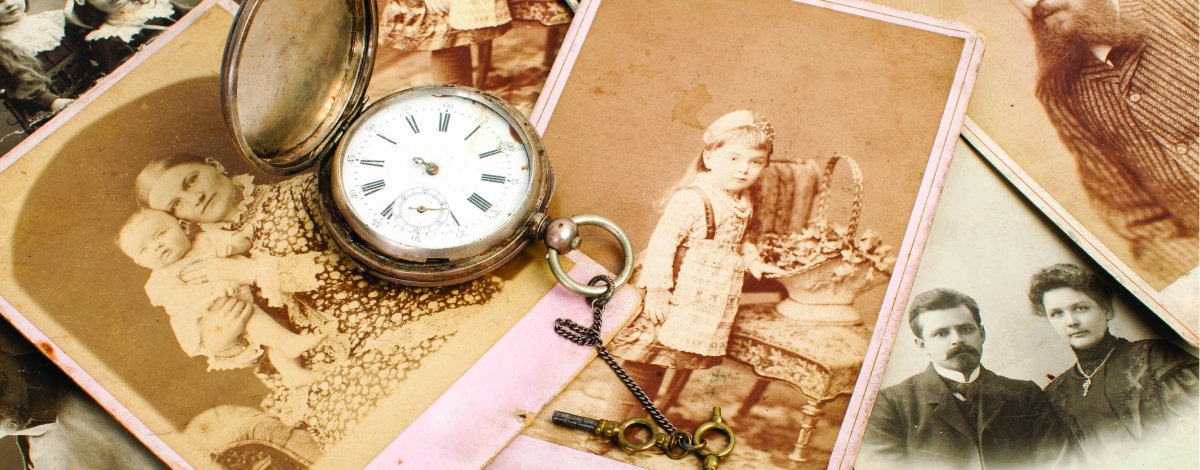Healing from Our Ancestral Wounds
By Aliza Becker, Coordinator, Community Outreach & Support
Our lives are the blossoms on a thousands of years old family tree that has been fertilized by the blood of those who came before us. This is a paraphrase (Rabbi Dr. Tirzah Firestone).
We all have ancestors, even if we don’t know much about them. Our family lineage has a direct impact on our present day lives in ways of which we are not fully cognizant, according to Rabbi Dr. Tirzah Firestone, who recently led Moving Toward a Healing-Centered Care, a JCFS sponsored training for Chicago area clinicians and other professionals.
A renowned Jewish scholar, teacher and psychotherapist, Firestone spoke of the multi-faceted triumphs and traumas we have inherited. Our families have provided wisdom, resilience, resourcefulness and other positive traits. Our ancestry also includes the painful residue of hardships from poverty, political upheaval, discrimination, famine, war, migration, abuse and other difficult circumstances. Many families hide or keep secret those stories with a negative resonance, in part because of their desire to spare their descendants the pain of their struggles. Many of us do, in fact, have much easier lives than our forebears, but the residue of these unhealed traumas remains with us.
Our nervous systems are suffused with the evidence of our ancestors’ unhealed wounds leaving imprints that can be transmitted across generations. Epigenetics is the scientific study that looks at the impact of these inherited stressors. In recent research in the field, scientists have found that extreme life experiences are passed on in permeable membranes that sit on top of our genes. They don’t change the genes themselves, but they do influence their expression, leaving us less resilient and vulnerable to the anxieties, addictions, traces of mental illness and other struggles and hurts of those who came before us. Trauma is the residue of any deeply distressing life experience that overwhelms our coping strategies. It is, according to Dr. Gabor Mate, “not what happens to you; it is what happens inside you as a result of what happened to you.”
The good news is that we are not destined to be passive recipients of the traumas of our ancestors. Epigenetic changes are completely reversible, and the transmission of trauma can be stopped. Beginning with awareness and compassion, we can create a path to turn these family traumas into triumphs.
“We are the ones to help heal the past because it lives in the present, it lives in us.”— Rabbi Dr. Tirzah Firestone, Wounds Into Wisdom: Healing Intergenerational Jewish Trauma
For information on JCFS Chicago’s clinical services, call 855.275.5237.
Learn about upcoming JCFS professional training opportunities.



 Back
Back